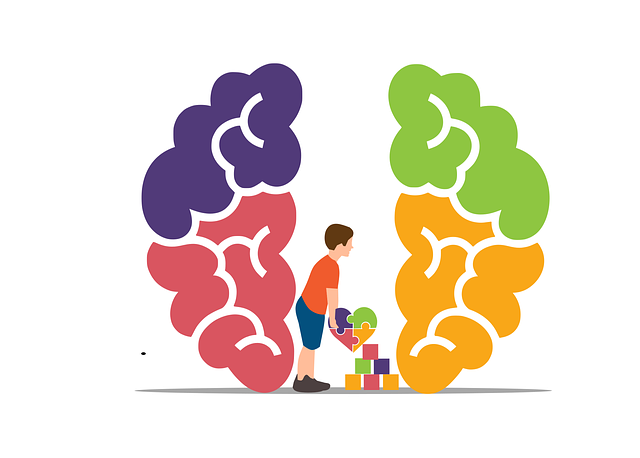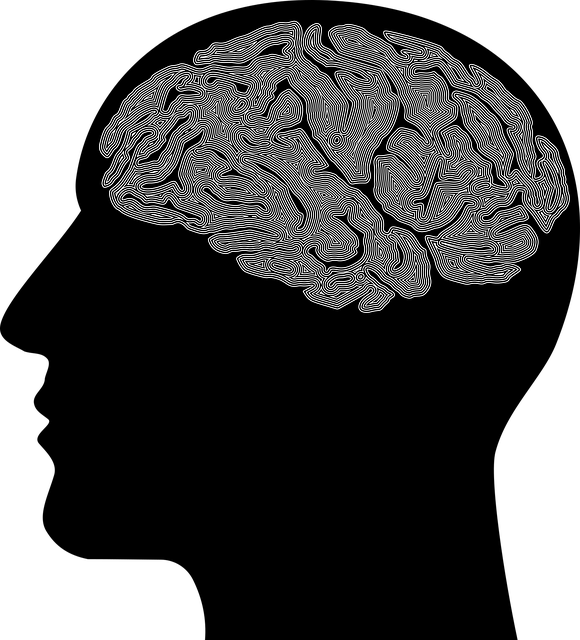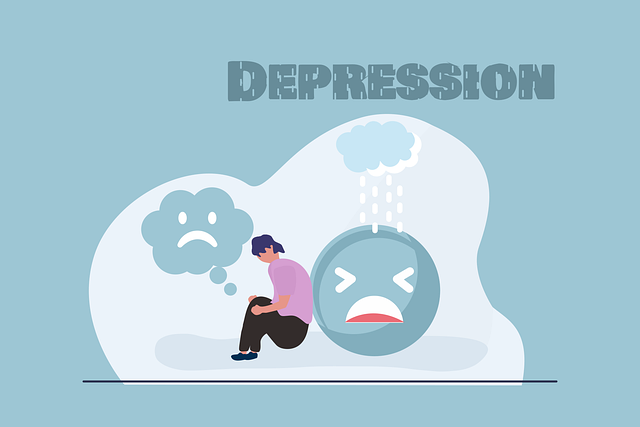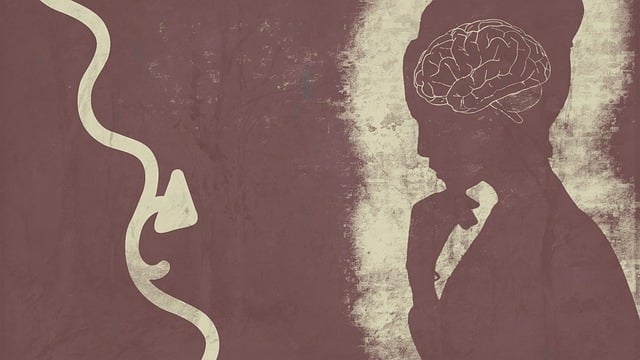The text highlights the powerful impact of stigma on individuals seeking mental health support, emphasizing its role in hindering access to essential services like Centennial Gambling Therapy. It introduces innovative approaches by Centennial Gambling Therapy to reduce stigma through gaming-based therapy, fostering open conversations and cultural sensitivity. The organization actively engages communities through educational workshops, seminars, and events, promoting self-awareness, myth-busting, and practical strategies for better mental well-being. By emphasizing self-care and empowering individuals to take charge of their mental health, Centennial Gambling Therapy aims to create a stigma-free environment where people feel comfortable seeking professional help.
Mental illness stigma remains a significant barrier to effective mental health care, affecting millions globally. This article explores three-pronged approach to reduce this harmful social construct. We delve into ‘Understanding Stigma: Its Impact on Mental Health Seekers’, introducing revolutionary strategies like Centennial Gambling Therapy, and emphasizing the power of Community Engagement and Education in fostering an inclusive environment. Together, these efforts hold promise for transforming mental healthcare accessibility.
- Understanding Stigma: Its Impact on Mental Health Seekers
- Centennial Gambling Therapy: A Novel Approach to Breaking Down Barriers
- Community Engagement and Education: Collective Responsibility in Reducing Stigma
Understanding Stigma: Its Impact on Mental Health Seekers

Stigma surrounding mental illness is a significant barrier to individuals seeking help and support for their well-being. It often manifests as negative attitudes, stereotypes, and beliefs that can discourage people from talking about their struggles openly. This stigma can have profound effects on those experiencing mental health issues, leading to feelings of isolation, shame, and embarrassment, which in turn may hinder them from accessing essential services like Centennial Gambling Therapy.
For many, the journey towards mental wellness involves overcoming these societal barriers. Encouraging open conversations about mental health through initiatives such as Mental Wellness Podcast Series Production can be transformative. By sharing personal stories and promoting understanding, we can foster an environment of empathy and support. Additionally, Self-Care Routine Development for Better Mental Health plays a crucial role in building resilience and empowering individuals to take control of their mental wellness. Such efforts collectively contribute to reducing stigma, encouraging early intervention, and ultimately improving access to the help needed for better mental health.
Centennial Gambling Therapy: A Novel Approach to Breaking Down Barriers

Centennial Gambling Therapy offers a novel approach to breaking down barriers associated with mental illness stigma reduction efforts. By leveraging the principles and dynamics of gambling, this therapeutic model aims to create a safe and supportive environment that encourages individuals to engage in self-reflection and behavioral changes. The therapy facilitates conversations around risk assessment, decision-making processes, and reward systems, thereby fostering a deeper understanding of one’s mental health challenges.
This innovative technique goes beyond traditional talk therapy by incorporating elements of gaming and simulation, which can be particularly effective in mitigating burnout prevention among those seeking support. The structured yet playful nature of Centennial Gambling Therapy promotes cultural sensitivity in mental healthcare practice, ensuring that diverse individuals feel comfortable discussing their experiences and accepting help without fear of judgment or discrimination.
Community Engagement and Education: Collective Responsibility in Reducing Stigma

In the ongoing battle against mental illness stigma, community engagement and education play a pivotal role in fostering understanding and acceptance. It’s a collective responsibility to ensure that individuals affected by mental health issues are not shunned but instead receive the support they need. Through interactive workshops, seminars, and community events, Centennial Gambling Therapy leads the charge in promoting self-awareness exercises and encouraging open dialogues about mental well-being. By educating the public on the signs of common mental illnesses and dispelling myths, we aim to create an environment where people feel comfortable seeking help without fear of judgment.
Moreover, these engagement efforts emphasize the importance of self-care routine development for better mental health. We teach practical strategies such as conflict resolution techniques that empower individuals to navigate challenging situations with resilience and grace. By fostering a culture of empathy and understanding, we contribute to a broader movement where mental illness is seen not as a personal failing but as a health concern deserving of professional care and community support.
Mental illness stigma, a significant barrier to treatment, can be addressed through innovative approaches like Centennial Gambling Therapy and community engagement initiatives. By combining novel therapeutic methods with education, we can foster understanding and reduce the social isolation often experienced by those seeking mental health support. In light of these efforts, it’s crucial for society to embrace a culture of empathy and compassion, ensuring that individuals struggling with mental health issues receive the necessary care without fear of judgment or discrimination.














